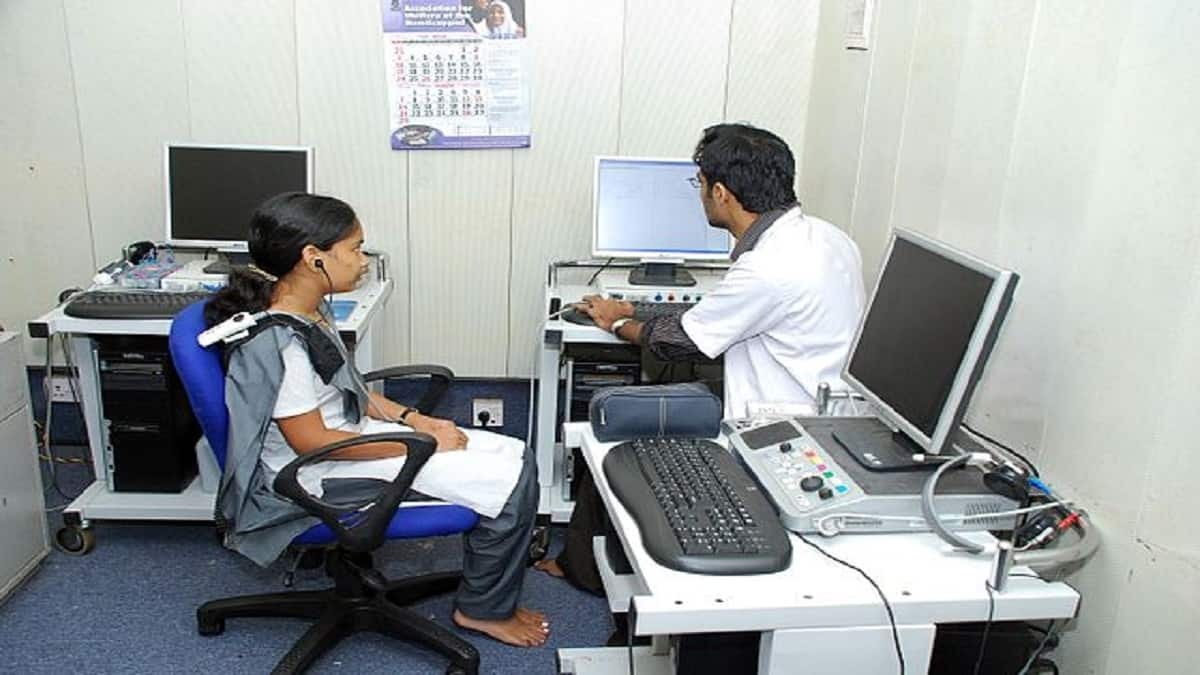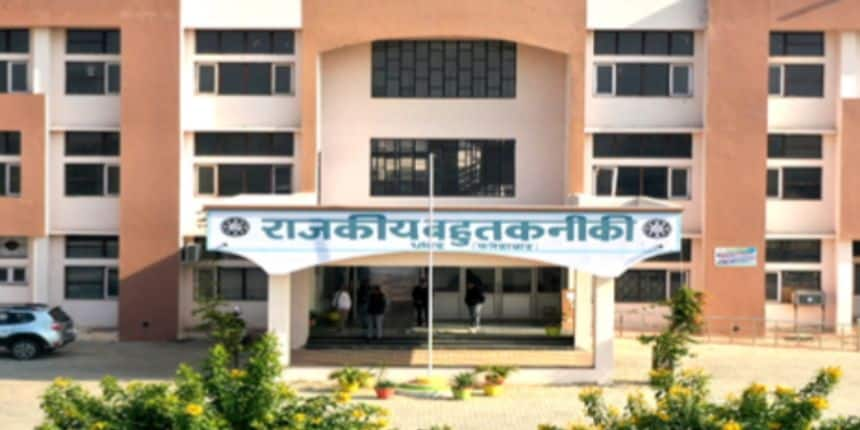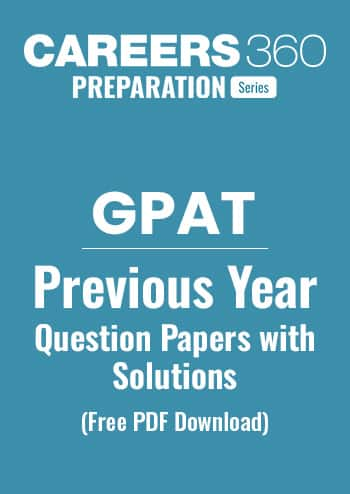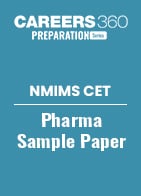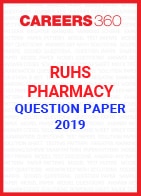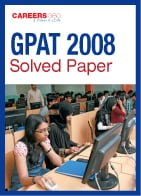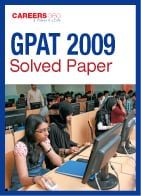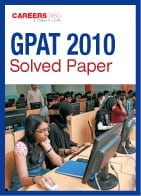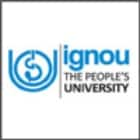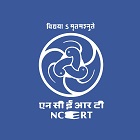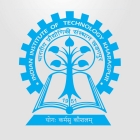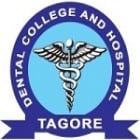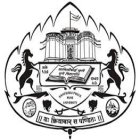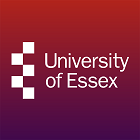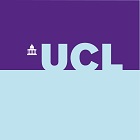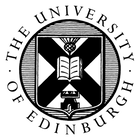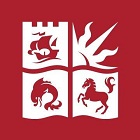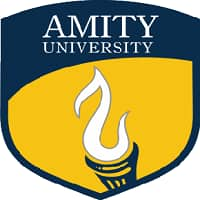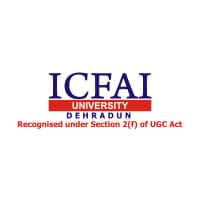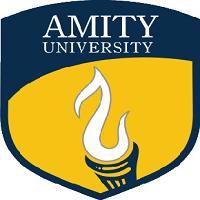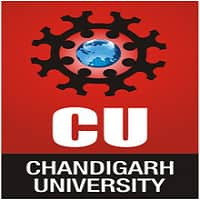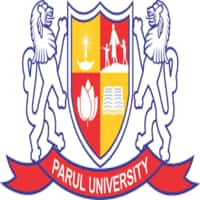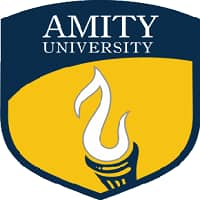Discover stories
for every phase of your academic journey from exploration to admission.
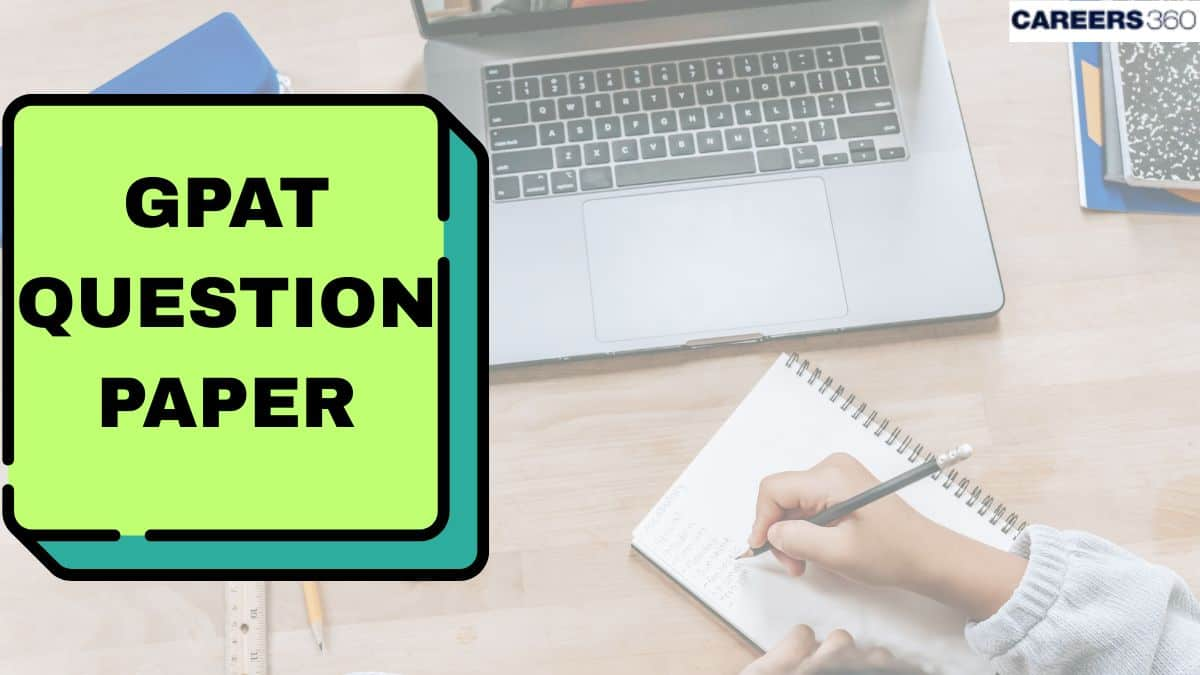

Best Books for GPAT 2026 - GPAT Preparation Book
Manisha Tiwari . 3 months ago
Candidates seeking information about the best books for the GPAT 2026. Here is a list of GPAT 2026 preparation books that will help prepare for the M.Pharm entrance exam.
Key Pharmacy Exams
Find Important information to understand each exam better
Ready, set, practice!
Dive into a trove of downloadable sample papers! We've curated a massive library covering a wide range of exams, so you can find exactly what you need. Get a head start on exam success!



Discover top ranked colleges
Find top ranked colleges based on location, exams & other preferences.
In India
State-wise
Up-skill for success in a changing world
Fast-track your career with online degrees & certificates designed for flexibility and industry relevance.



Question & Answers
1 Million+ Questions answered by the student community within 24 hours each
Study Abroad made easy
Unleash your potential on a global scale! Launch Your Global Journey with us and embark on an enriching adventure in international education.



Top Colleges Accepting Admissions
Time is ticking! Explore colleges actively accepting applications and take the first step towards your dream education
Amity University-Noida B.Pharma Admissions 2026
Among top 100 Universities Globally in the Times Higher Education (THE) Interdisciplinary Science Rankings 2026
ICFAI Dehradun B.Pharm Admissions 2026
Ranked #36 in India among top private Universities | Key Recruiters: Amazon, Aditya Birla, TCS, IBM, HP, etc
Amity University-Noida M.Pharma Admissions 2026
Among top 100 Universities Globally in the Times Higher Education (THE) Interdisciplinary Science Rankings 2026
Chandigarh University Admissions 2026
NAAC A+ Accredited | Among top 2% Universities Globally (QS World University Rankings 2026)
Parul University B.Pharma Admissions 2026
India's youngest NAAC A++ accredited University | NIRF rank band 151-200 | 2200 Recruiters | 45.98 Lakhs Highest Package
Amity University | B.Pharma Admissions
Asia’s only university to be awarded the highest accreditation by WASC, USA and by the Quality Assurance Agency for Higher Education (QAA), UK
Explore our other offerings
Explore valuable tools & resources to support your academic journey, from high school success to achieving your dream college and beyond











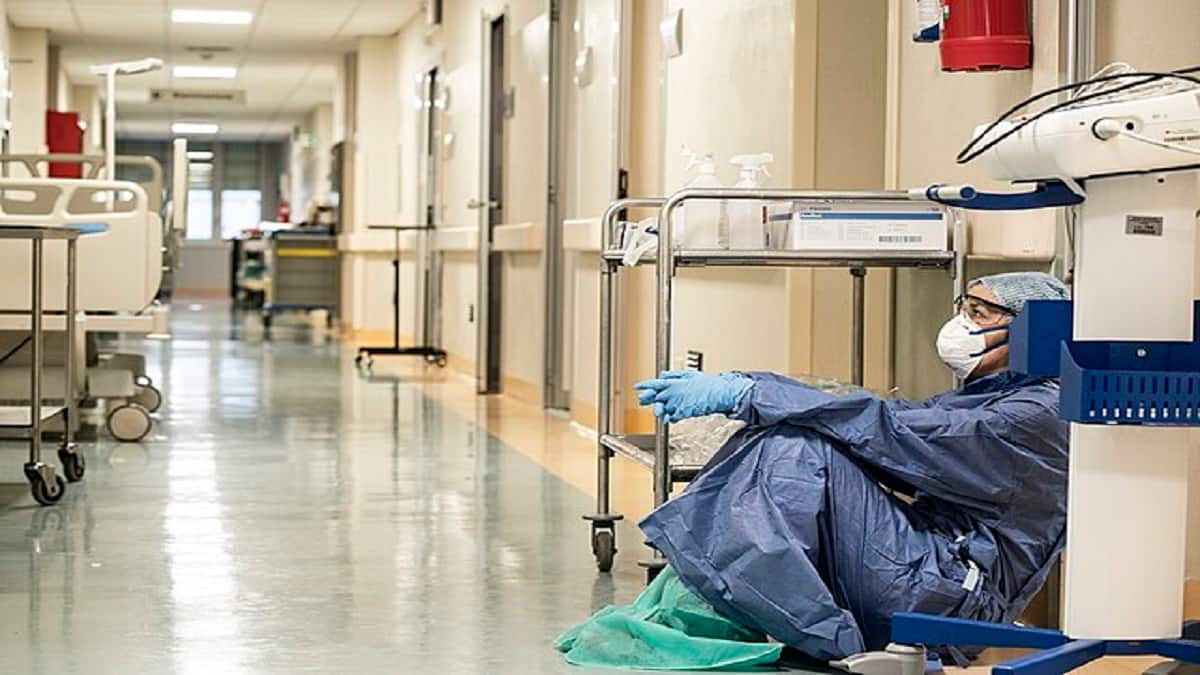

.jpg)
